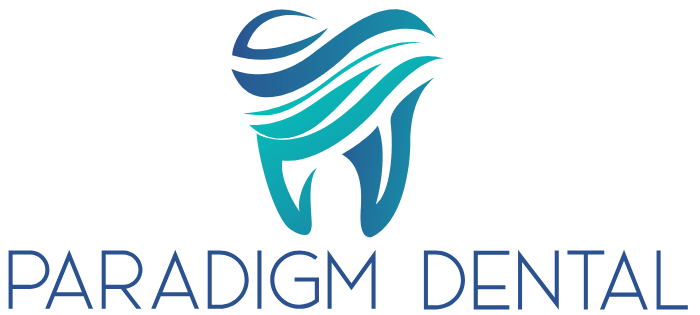TMJ Screening
Relieve Jaw Pain, Improve Function
TMJ screening helps identify the cause of chronic jaw pain, headaches, difficulty chewing, and limited jaw movement—common signs of temporomandibular joint (TMJ) disorder.
The TMJ connects your jaw to your skull and allows smooth, pain-free movement while eating and speaking. When this joint becomes misaligned or overworked, it can lead to discomfort that disrupts your daily life. Our office offers comprehensive TMJ screening to accurately diagnose the issue and develop a personalized treatment plan to relieve your symptoms.

Signs You May Have TMJ Disorder
If you experience these symptoms, it’s recommended to consult with our dentist or healthcare professional for diagnosis and treatment.
• Jaw pain or tenderness around the jaw
• Clicking, popping, or locking of the jaw
• Frequent headaches or migraines
• Ear pain or ringing in the ears (Tinnitus)
• Facial soreness or muscle tension
• Headaches when you wake up in the morning
• Fainting and dizziness
• Vertigo
• Difficulty chewing or opening your mouth fully
What To Expect During A TMJ Screening
Patients will fill out an extensive TMJ Health Questionnaire to record all signs and symptoms of TMJ Disorder. We assess your jaw movements, bite alignment, and muscle function.
TMJ x-rays to evaluate the position of the TM jaw joint in the skull when the patient is biting normally. If the jaw is too far back, it will cause clicking upon opening and closing, which means a problem within the TM jaw joint.
Special diagnostic tool to evaluate the sounds coming from the joint upon opening and closing. This is helpful in determining the extent of the damage to the TM jaw joint and helps with formulating the treatment plan.
Based on our diagnosis, we recommend (usually) the following: an acrylic appliance to wear during the daytime to prevent the jaw from clicking, or a special nightguard to wear at night if you are waking up with headaches in the morning.
Find Relief From TMJ Pain
The American Dental Association reports that approximately 1/3 of the adult population suffers from temporomandibular joint disorder (TMD). Despite this fact, this subject is not comprehensively taught in most dental schools in North America.
If you are experiencing jaw pain or other TMJ symptoms, schedule a screening today. Early diagnosis and treatment can help prevent long-term discomfort and restore healthy jaw function.
